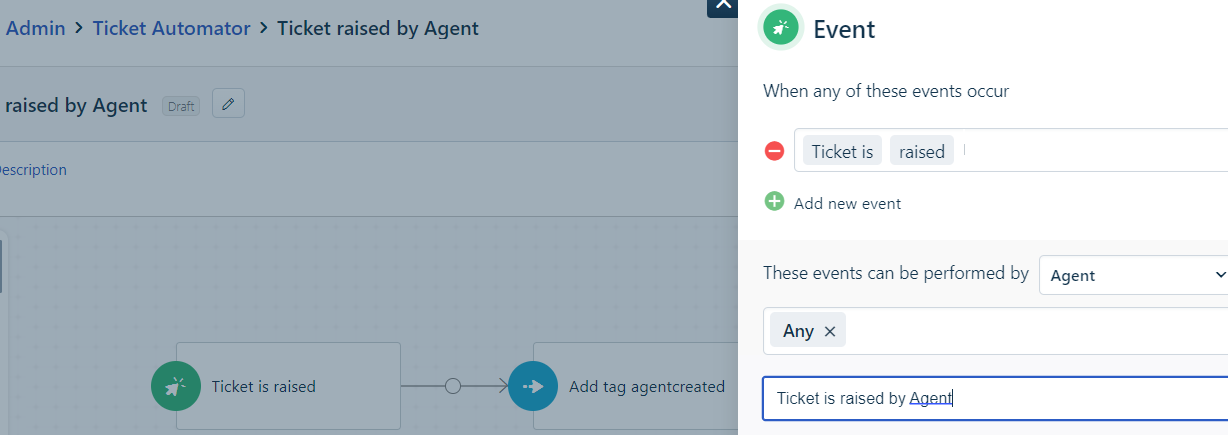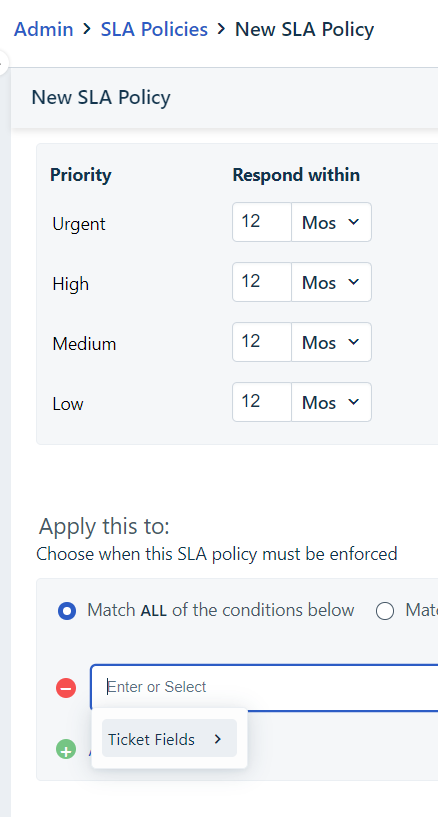I have looked through the Community and haven’t found answers on this yet.
Has anyone created a rule/process where if the ticket is opened by an Agent, the response SLA is met? Basically, if my IT staff opens the tickets via a phone call, then the ticket still requires a response via email or public note. That seems redundant since they talked to the customer to open the ticket.
Thoughts?



